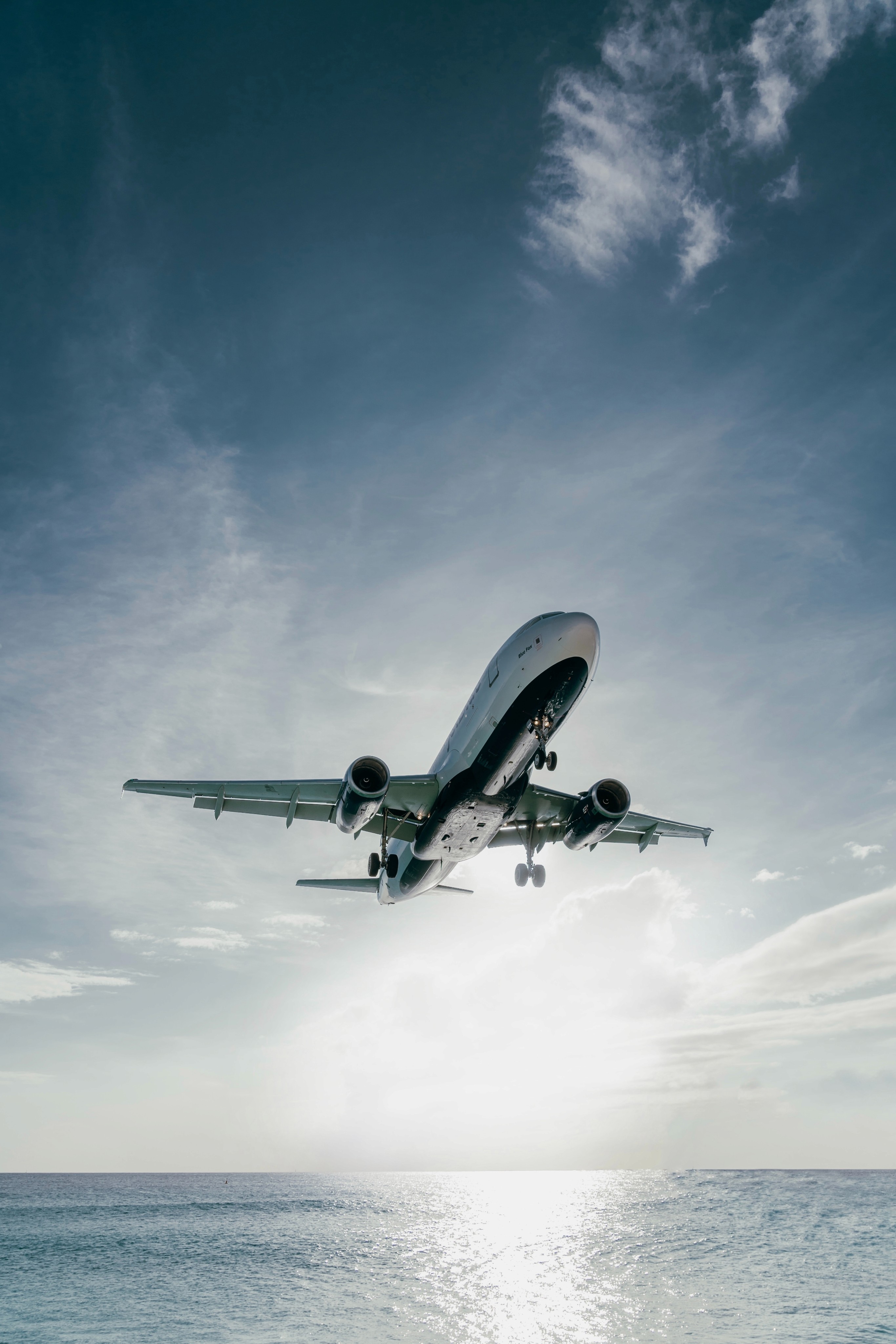
Introduction
Welcome to our beginner's guide on why flights get cancelled! Flight cancellations can be frustrating and disruptive to travel plans, but understanding the reasons behind them can ease your stress. In this blog post, we will delve into the primary factors that lead to flight cancellations, allowing you to be better prepared for any unforeseen changes to your itinerary.
Weather-Related Cancellations
Weather conditions play a significant role in flight cancellations. When severe weather, such as thunderstorms, hurricanes, heavy snow, or thick fog, threatens the safety of passengers and crew, airlines may choose to cancel flights. Your safety is their top priority, and although it can be inconvenient, it's crucial to avoid flying in hazardous weather conditions.
Technical Difficulties
Technical issues with the aircraft can also prompt flight cancellations. Airlines adhere to strict safety standards, and if any mechanical problems are detected, they will ground the aircraft for thorough inspection and repairs. While this may lead to flight cancellations, it ensures the safety of all passengers.
Crew Availability Problems
Flight cancellations can occur due to crew availability issues. Pilots and cabin crew members have strict duty time limitations, and unforeseen circumstances like illness or scheduling conflicts can lead to a lack of available crew members. Airlines prioritise your safety and may cancel the flight if they can't ensure a fully qualified and rested crew.
Airline Scheduling Challenges
Airlines meticulously plan their schedules to optimise efficiency, but sometimes unexpected challenges arise. A delay on a previous flight can create a domino effect, leading to flight cancellations down the line. Additionally, operational issues within the airline can also impact flight schedules and result in cancellations.
Airport Congestion and Runway Availability
Airports with limited runway capacity and high traffic volume may face congestion issues, leading to flight cancellations. When airports experience excessive delays and cannot accommodate scheduled departures, airlines may choose to cancel flights to avoid further disruptions.
Security Concerns
Enhanced airport security measures can occasionally cause flight cancellations. If there are security threats or suspicious activities at the airport or onboard the aircraft, the airline and authorities may decide to cancel the flight for the safety of all passengers.
Inflight Advertisements (Flight Ads)
Inflight advertisements, while beneficial in generating additional revenue for airlines, can sometimes cause minor disruptions leading to flight cancellations. Airlines strive to find the right balance between effective advertisement placement and timely flight operations.
Airline Operational Decisions
At times, airlines may make operational decisions to cancel flights based on various factors. These decisions could be related to optimising their fleet, adjusting to changing demand, or restructuring their flight schedules to maximise efficiency.
Passenger Safety and Legal Requirements
Passenger safety is paramount in the aviation industry. If there are safety concerns or if the airline is unable to meet legal requirements, such as minimum crew ratios or aircraft maintenance standards, they may have no choice but to cancel the flight.
Conclusion
Flight cancellations can happen for various reasons, ranging from weather-related concerns to technical difficulties, crew availability issues, airport congestion, security concerns, and even inflight advertisements. While cancellations can be inconvenient, remember that airlines prioritise your safety above all else. Being aware of these potential reasons can help you better understand and cope with flight cancellations when they occur. Stay informed, stay patient, and safe travels!